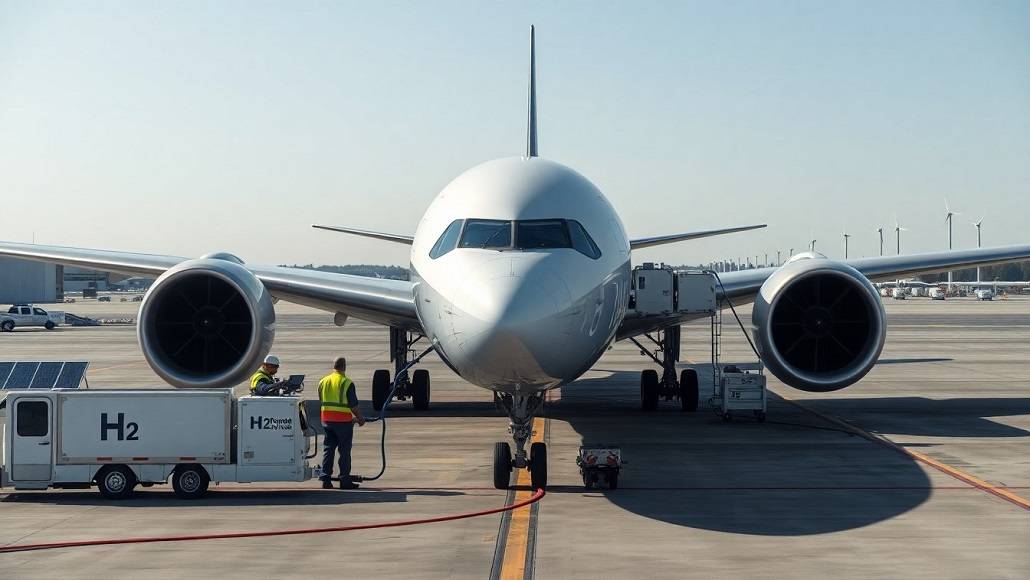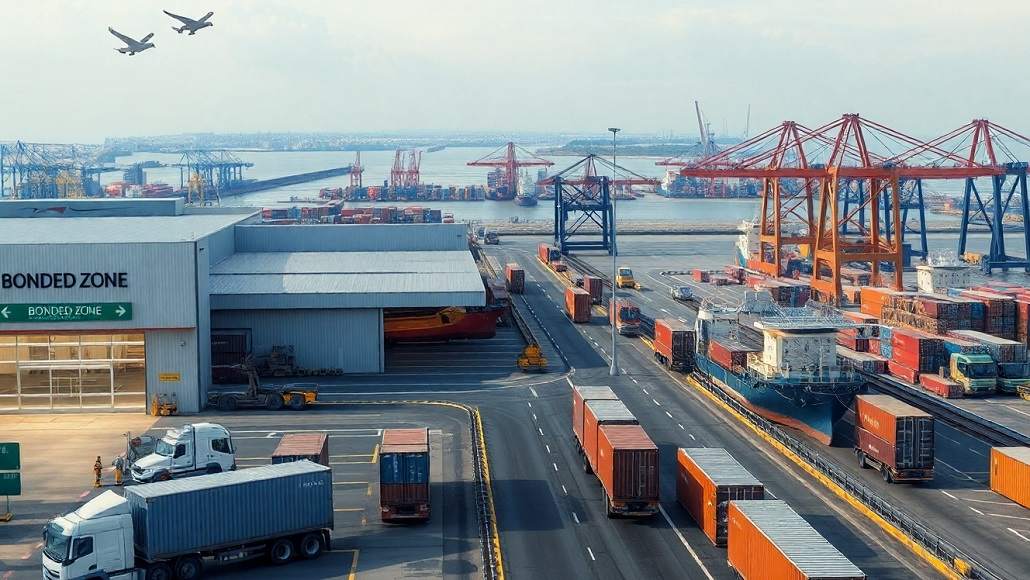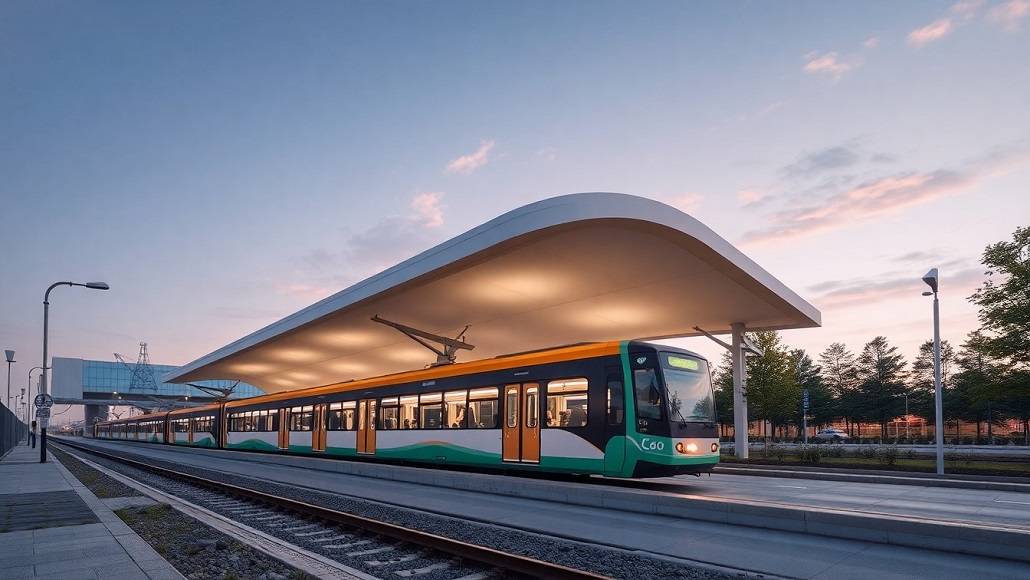- The European Investment Bank (EIB) will provide about 400 million euros in extra financing to the Stockholm Region and City.
- The project, which will effect four towns, includes 30 kilometres of new rails, 18 metro stations, and the extension of a depot.
- This is one of the largest metro expansion projects now under place in Europe.
The European Investment Bank (EIB) is increasing its assistance for a project to expand the Stockholm Metro by giving extra loans to the Region of Stockholm and the City of Stockholm. The EIB will offer a total of SEK 4.5 billion in funding, equivalent to around €400 million. Including these fresh loans, the EIB has contributed about SEK 12 billion (more than €1 billion) to the project in Sweden’s capital.
The Stockholm metro expansion project is one of the largest infrastructure projects in Sweden to be sponsored by the European Union, and it represents the EIB’s largest investment in Swedish public transport.
EIB Vice-President Thomas Östros said: “This investment boosts both sustainable mobility and regional development. By providing an additional loan, we are demonstrating our long-term commitment to climate-smart investments in Europe’s growing cities. This project is an excellent example of how EU funding can benefit both people and the climate.”
The metro project includes three new 30-kilometer sections in the Stockholm Region, with 20 kilometres of double-track tunnels and 18 new stations. These new parts will see the construction of 130 500 dwelling units.
Stockholm, Nacka, Solna, and Järfälla will be the municipalities where the project is implemented. This program is critical for providing sustainable and efficient public transport to fulfil the demands of the rising population. 730 000 individuals in the county utilise public transit on a daily basis.
Region of Stockholm Director-General Emma Lennartson said: “The EIB’s support is essential for investment in the metro expansion project. Continuing to invest in, and rely on, public transport is an effective way of reducing greenhouse gas emissions in the Region of Stockholm.”
Lennartson also added:
“With the City of Stockholm and our other partners in the county, we are working hard to reduce greenhouse gas emissions by 12% every year, which is necessary for the county to do its part to meet the objectives of the Paris Agreement. Investing in the metro will help to increase our chances of reaching carbon neutrality by 2045.”
The new EIB loan is shared among the two borrowers:
- SEK 2.5 billion will go to the region of Stockholm.
- SEK 2 billion will go to the City of Stockholm.
City of Stockholm Director-General Fredrik Jurdell said: “The EIB’s continued commitment to this financial partnership reaffirms the importance of the metro expansion project for sustainable growth in the capital and the surrounding areas. The new metro meets the needs of future generations in terms of transport and mobility, but also with regard to housing, given that housing units will be built as part of the project.”
The Stockholm metro expansion project includes significant attempts to improve sustainability. Ceequal, a renowned certification system for civil engineering projects, completed an audit on the project. Several project participants achieved a ‘Excellent’ rating, the best attainable. This demonstrates the project’s environmental and sustainable development goals, which exceed legislative and sector-specific criteria.



























